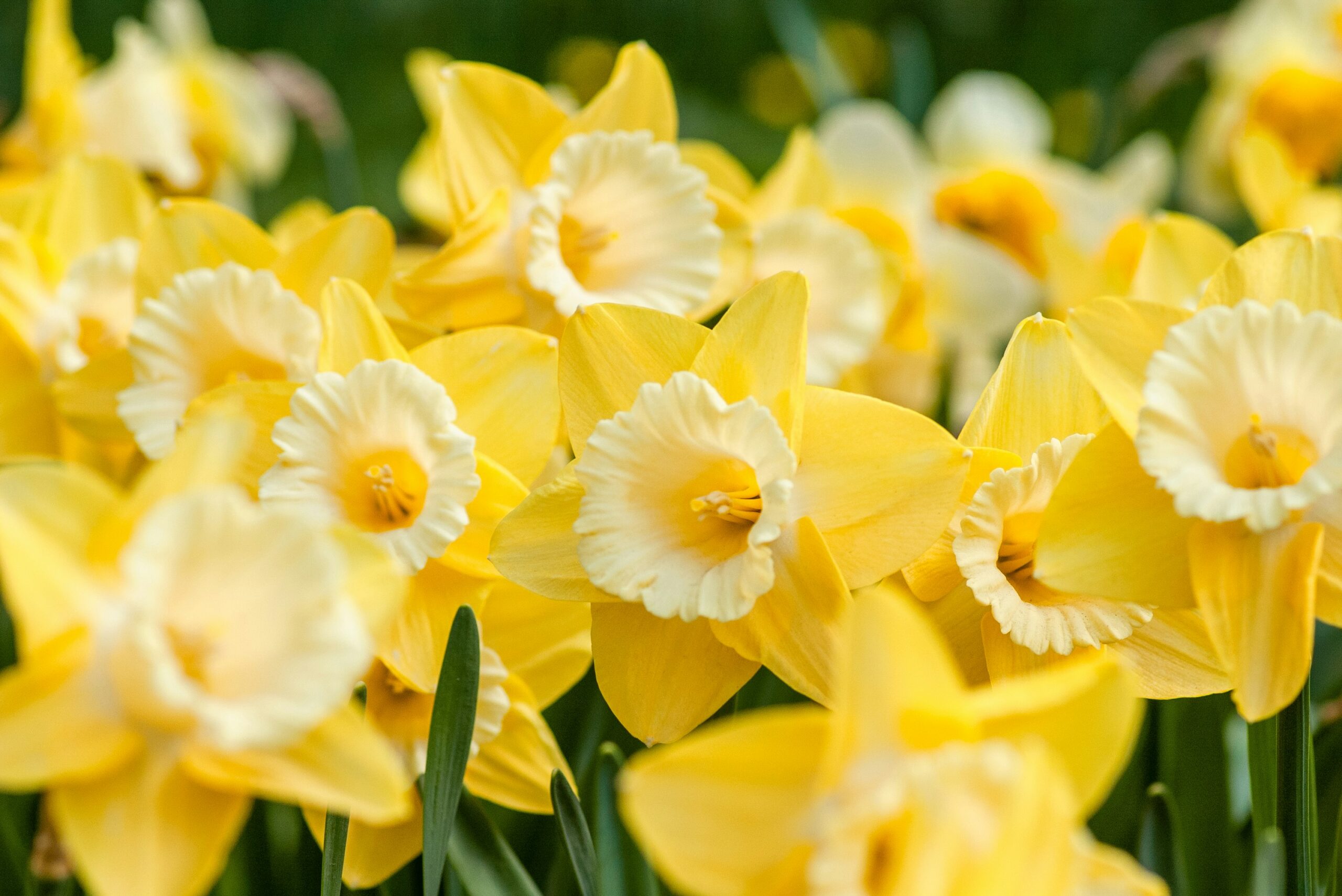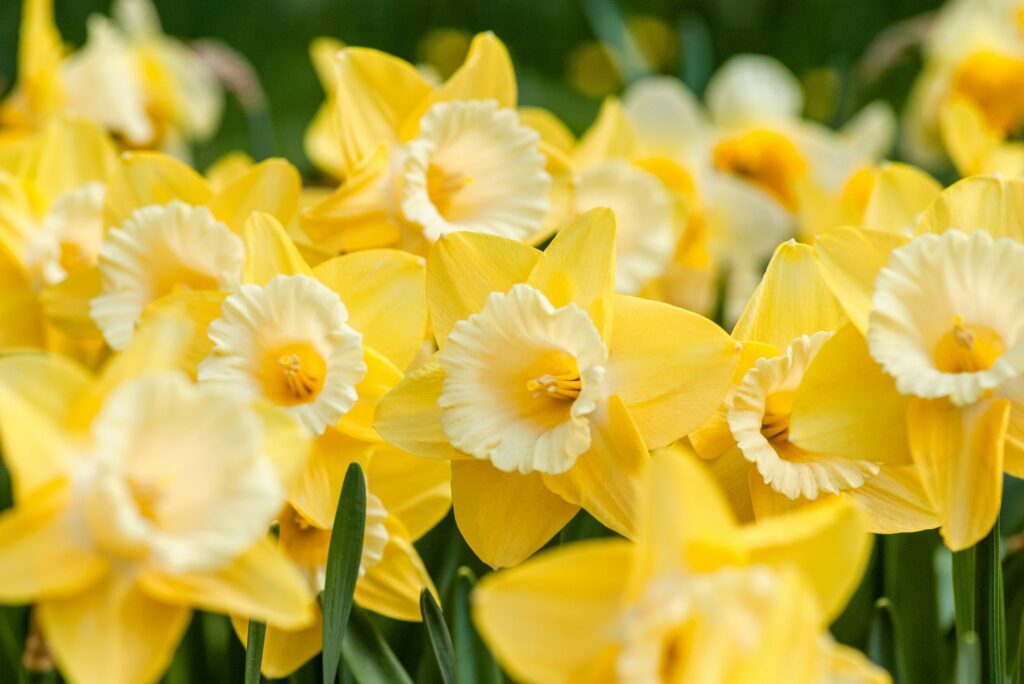
Facing a £5,000 Fine for Picking this Flower in the UK?
As the UK awakens to the vibrant hues of spring, the emergence of daffodils across our landscapes brings a sense of renewal and joy. These iconic blooms, however, are more than just a sign of spring; they’re a protected treasure that, if picked unlawfully from public lands, can result in significant fines of up to £5000.

Neil McKenzie, home expert from Halton Stairlifts, aims to delve into this issue, highlighting the importance of respecting our natural heritage while sharing how to enjoy these springtime gems responsibly.
Understanding the Legal Landscape
The Wildlife and Countryside Act 1981 is a cornerstone of environmental protection in the UK, safeguarding wild plants, including daffodils, from being picked, uprooted, or destroyed without authorization. While picking a single flower may seem harmless, it’s the cumulative effect of such actions that can lead to the degradation of natural habitats and the loss of species. In some areas, particularly those designated as Sites of Special Scientific Interest (SSSI), the act of picking wildflowers without permission can lead to fines of up to £5,000 per offence. This steep penalty underscores the seriousness with which the UK views the conservation of its natural landscapes.
The Importance of Conservation
Daffodils are not only a symbol of spring but also play a crucial role in our ecosystem, providing essential pollen for early-season pollinators. The act of picking these flowers can therefore have unintended consequences on local wildlife populations. By protecting daffodils and other wildflowers, we support the broader health of our ecosystems, ensuring that pollinators and other species thrive.
How to Enjoy Daffodils Responsibly
Neil McKenzie, encourages everyone to appreciate the beauty of daffodils in a way that respects their role in our natural environment. Here are some tips:
- Visit Managed Gardens and Parks: Enjoy daffodils in settings where they are cultivated for public enjoyment, such as botanical gardens and parks, where their management is focused on both conservation and display.
- Support Conservation Initiatives: Engage with and contribute to conservation efforts aimed at preserving natural habitats. This could involve volunteering with local conservation groups or supporting their work financially.
- Grow Your Own Daffodils: By planting daffodils in your garden, you can enjoy their beauty up close while contributing to local biodiversity. Daffodils are low-maintenance and can flourish in many garden settings.
- Practice Photography, Not Picking: Capture the ephemeral beauty of daffodils through photography rather than picking them. This allows you to preserve the memory without harming the plant.
- Educate and Advocate: Spread awareness about the importance of wildflower conservation and the legal protections in place. Informing others can help foster a collective respect for our natural heritage.
Neil McKenzie, home expert at Halton Stairlifts says:
By respecting wildlife laws and engaging in conservation efforts, we help ensure that the beauty of the UK’s landscapes remains accessible and enjoyable for all, now and in the future. As spring unfolds, let’s commit to enjoying daffodils in a way that allows them to continue to thrive and inspire future generations.




